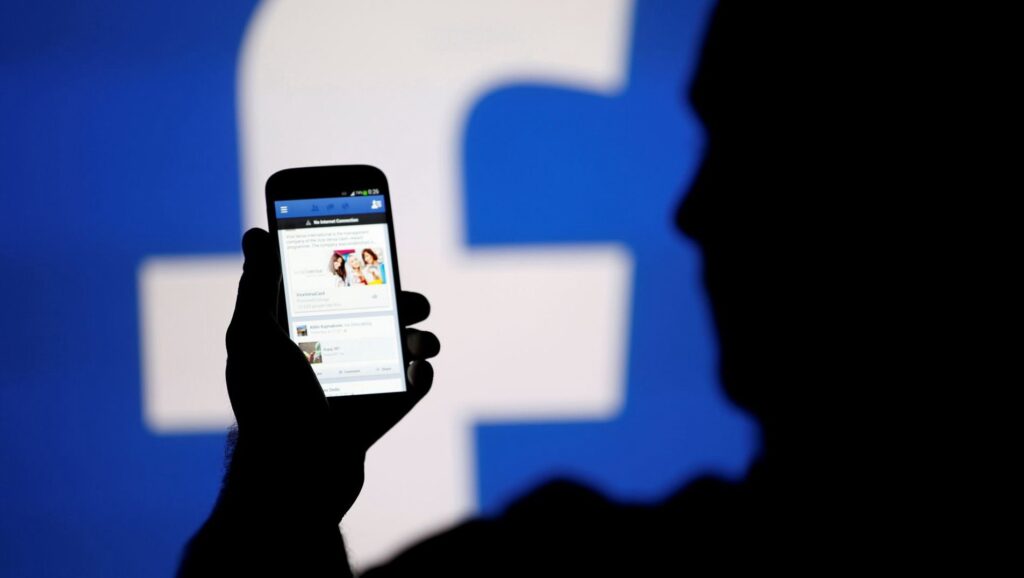Swatch is in hot water after an advertisement that has gone viral in China drew public criticism for its perceived racist imagery. The ad depicted a model pulling at the corners of his eyes, a gesture historically associated with mocking Asian individuals. Following the uproar, consumers on platforms like Weibo called for a boycott of Swatch products.
In response, Swatch stated, “We have taken note of the recent concerns regarding the portrayal of a model,” and expressed regret for any distress caused by the image. The Swiss company emphasized their commitment to addressing the issue with "the utmost importance" and promised to remove all related materials globally. However, the apology did little to assuage the outrage; some users dismissed it as a mere attempt to safeguard profits rather than a genuine gesture of accountability.
"Swatch is only afraid for its profits," a Weibo user commented, expressing skepticism over the sincerity of the company's apology. With approximately 27% of its revenue deriving from markets in China, Hong Kong, and Macau, Swatch is acutely aware of the financial repercussions that may follow perceived cultural insensitivity, especially against the backdrop of declining sales in China.
China has seen previous instances of organized boycotts against global brands that have been accused of disrespecting local customs or values. Notably, in 2021, numerous international fashion retailers faced backlash over comments related to human rights battles in Xinjiang, leading to boycotts of brands like H&M and Nike. Similarly, other international brands such as Dolce & Gabbana faced penalties for actions deemed offensive to Chinese cultural sensibilities.
The episode highlights the heightened sensitivity of Chinese consumers when it comes to representations of their culture and the potential for significant economic consequences for brands that misstep in their marketing efforts.
In response, Swatch stated, “We have taken note of the recent concerns regarding the portrayal of a model,” and expressed regret for any distress caused by the image. The Swiss company emphasized their commitment to addressing the issue with "the utmost importance" and promised to remove all related materials globally. However, the apology did little to assuage the outrage; some users dismissed it as a mere attempt to safeguard profits rather than a genuine gesture of accountability.
"Swatch is only afraid for its profits," a Weibo user commented, expressing skepticism over the sincerity of the company's apology. With approximately 27% of its revenue deriving from markets in China, Hong Kong, and Macau, Swatch is acutely aware of the financial repercussions that may follow perceived cultural insensitivity, especially against the backdrop of declining sales in China.
China has seen previous instances of organized boycotts against global brands that have been accused of disrespecting local customs or values. Notably, in 2021, numerous international fashion retailers faced backlash over comments related to human rights battles in Xinjiang, leading to boycotts of brands like H&M and Nike. Similarly, other international brands such as Dolce & Gabbana faced penalties for actions deemed offensive to Chinese cultural sensibilities.
The episode highlights the heightened sensitivity of Chinese consumers when it comes to representations of their culture and the potential for significant economic consequences for brands that misstep in their marketing efforts.





















